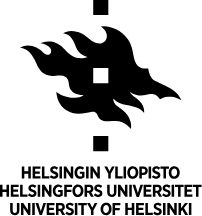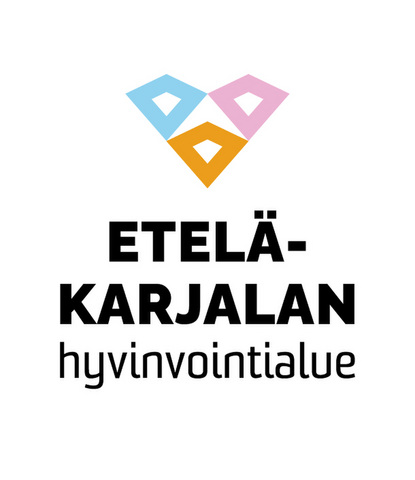Speaker: Jukka Westermarck
MD., PhD, Professor of Cancer Biology,
Research director
Turku Bioscience Centre, University of Turku and Åbo Akademi University,
Institute of Biomedicine, University of Turku
Topic: Breast Cancer phosphatases
Time: Wednesday 1.11.2023 at 15-16
The seminar will be held online (Microsoft Teams) and is open to everyone interested in cancer research.
Click here to join the meeting
Meeting ID: 372 949 153 861
Passcode: BWDTFw
Get to know the Speaker:
Webpage: Cancer cell signaling (bioscience.fi)
Twitter: @Westermarcklab
Abstract:
Although diagnosis and outcome of breast cancer has improved during past decades, breast cancer is still the leading cause of cancer death in women. Thereby, the new therapy options and better patient stratification strategies for existing therapies are needed. Basal-like triple-negative (BL-TNBC) and HER2 positive (HER2+) breast cancers are among the clinically most aggressive subtypes. Whereas BL-TNBC patients lack any molecularly targeted therapies, HER2+ cancers can be targeted by therapeutic antibodies, and by small molecule HER2/EGFR inhibitors. However, a significant fraction of HER2+ breast cancers treated with these agents eventually relapse and develop to a deadly disease. In addition, both BL-TNBC and HER2+ cancers are relatively more resistant to both chemotherapy and radiation therapy than the other breast cancer types. Thereby, further understanding of the molecular mechanisms driving progression and therapy resistance of these aggressive breast cancer subtypes is a clinically highly relevant cancer research question.
Phosphatases control all major oncogenic pathways and they have an important role in cancer therapy resistance. Phosphatases have also recently become druggable by small molecules. However, which specific phosphatases are particularly relevant as disease and therapy resistance drivers, or as therapy targets, in which breast cancer subtype is still poorly characterised. In this presentation, I will discuss our most recent findings identifying the roles or PP2A and DUSP6 phosphatases in BL-TNBC and HER2+ breast cancers, respectively, and present preclinical data indicating that their pharmacological targeting could provide a novel approach to overcome therapy resistance.
Everybody welcome!
Organizer: FICAN West






